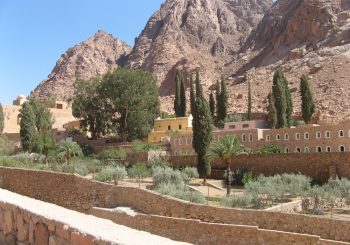Local Egyptian agricultural exporters have reported a sharp increase in demand for local produce since the Central Bank of Egypt floated the Egyptian Pound in November 2016.
The sector is the fourth largest contributor to the Egyptian economy and usually accounts for 11-15 percent of its GDP based on research published by Bank Audi. Current estimations put agricultural contribution to GDP at the highest level since 2014.
The surge has mainly been attributed to a weaker currency as exporters are now able to offer more competitive pricing with many businesses tapping into new foreign markets.
“Demand has doubled, with every product gaining one or two markets,” said Mostafa al-Naggari, Chairman of Fresh Fruit Co, one of many businesses targeting 50 percent to 100 percent increases in exports in 2017. This demand surge has been described by agricultural business owners and financial analysts as a “golden opportunity” to spur economic growth and narrow the balance gap that was last estimated to be sitting at $US 17.9bn.
According to a statement by Minister of Industry and Trade, Tarek Kabil, issued by Beltone Financial, Egypt’s trade deficit has decreased by $US 9bn, due to $US 7bn decrease in imports and a $US 2bn increase in exports since January 2016. He also stated that the Ministry is currently preparing a strategy that aims to double exports to $US 30-34bn by 2020.
New import tariff hikes have been imposed on more than 300 products at the end of 2016, including a selection of agricultural products such as bananas, oranges, strawberries, pineapples and avocado. The hikes have also contributed to narrowing the deficit as Egyptians are forced to turn to local alternatives as reported by the Monetary Policy Committee (MPC) of the Central Bank of Egypt (CBE).
Exporters are now calling for reforms in the agricultural sector to better leverage the current competitive price advantage, including demands to form a supreme council for exports to implement policies aimed at encouraging exports and stronger trade representation abroad to promote Egyptian products through global chambers of commerce.
Egypt floated its currency in November 2016 after the IMF agreed to provide it with a $US 12 billion loan.






Comment (1)
[…] exporters have been calling for reforms in the agricultural sector to better leverage the current competitive price advantage. […]